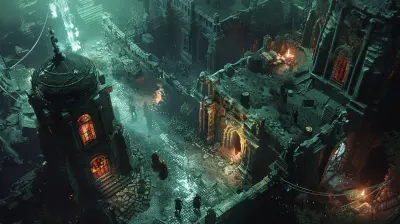The Rise of Hero Shooters: How They're Redefining the FPS Genre
28 October 2025
Alright, let’s rewind the clock a bit.
Remember the glory days of classic first-person shooters? You know, those gritty, grim, ammo-hoarding, bunny-hopping mazes of Doom, Quake, and Counter-Strike? They were raw. Twitchy. Pure, unfiltered chaos with every click of a mouse. But then, something wild happened in the FPS world that nobody quite saw coming…
Enter: the hero shooter.
These bad boys waltzed into town with color, personality, and a bucket-load of special abilities — and they didn’t just tweak the FPS formula. They flipped it on its head, spiked it with a shot of espresso, and set it on fire.
So, what exactly is a hero shooter? Why are gamers all over the world eating them up like they're gaming's equivalent of spicy ramen? And how have they gone from quirky side project to industry-defining juggernauts?
Buckle up — we’re diving deep, with triggers at the ready.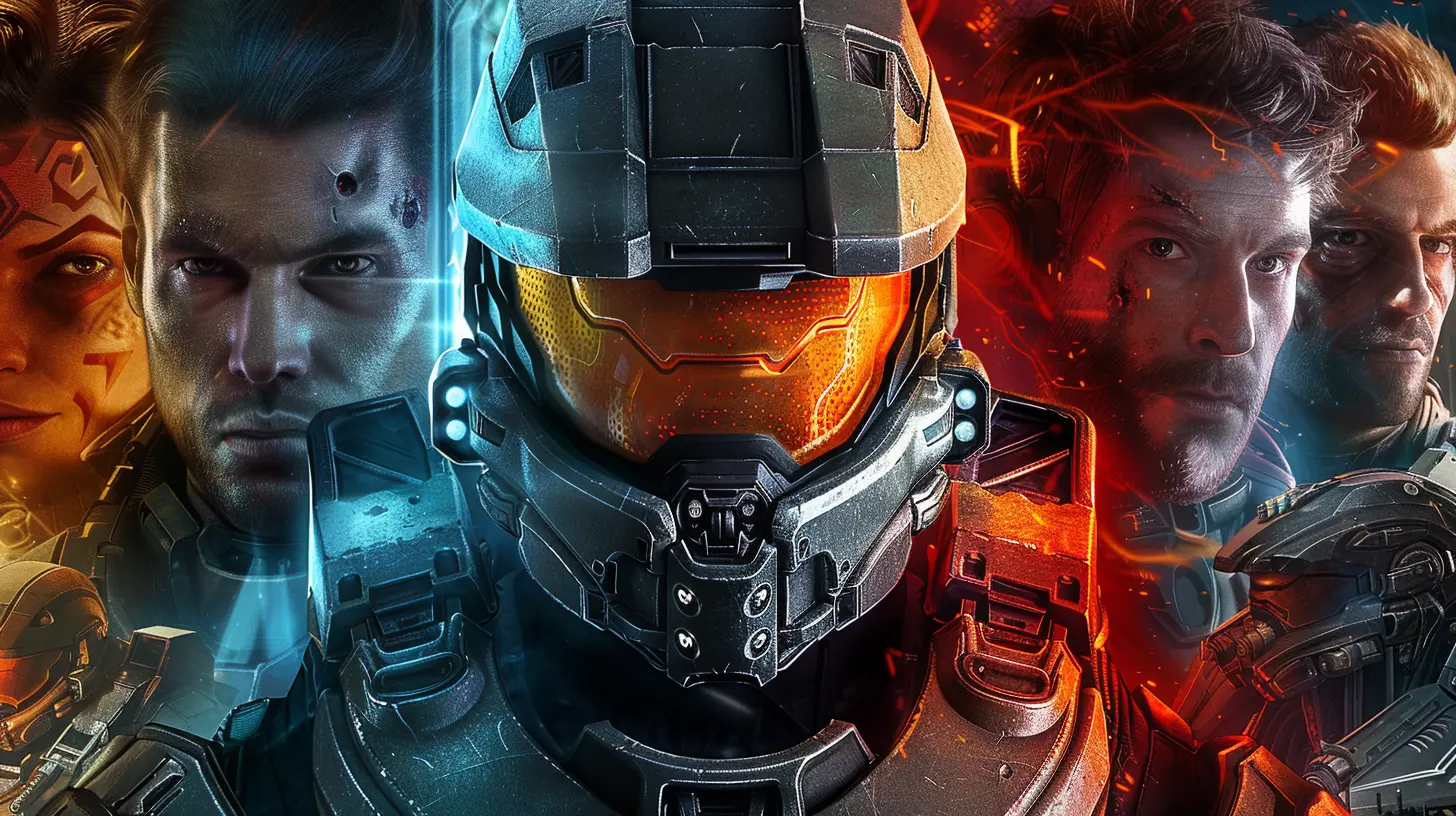
What the Heck Is a Hero Shooter, Anyway?
Let’s break it down with a no-nonsense definition.A hero shooter is a subgenre of the first-person shooter (FPS) where you pick from a diverse roster of characters (a.k.a. “heroes”), each with their own unique abilities, playstyles, and backstories. Think more personalities than a reality show cast and more flash than a fireworks factory.
The core difference? In old-school FPS games, everyone basically starts with the same capabilities. In hero shooters, your character matters. A lot. Abilities, strengths, weaknesses — it’s all tailor-made for each hero.
It’s not just about who has the better aim. It’s about strategy, synergy, and knowing when to throw that ultimate that turns the tide of battle.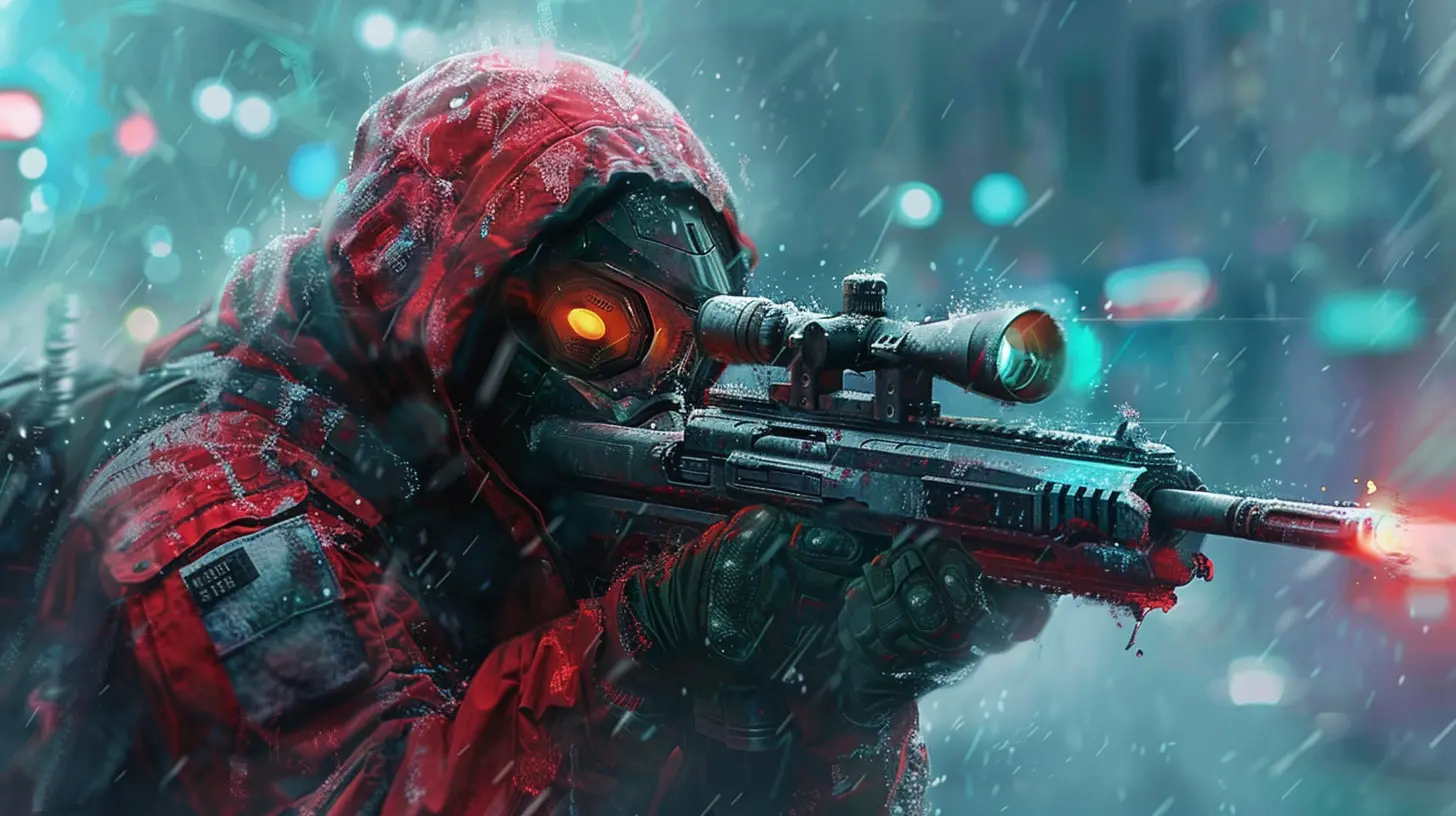
How We Got Here: A Quick Look at the Evolution
Let’s rewind history just a smidge.Sure, class-based shooters have been around since Team Fortress Classic back in the late '90s. But those were still loosely structured within the realm of basic FPS mechanics.
Things really started heating up when Overwatch burst onto the scene in 2016 like a confetti cannon. Blizzard’s stylized, Pixar-meets-Michael-Bay shooter threw in tanks, healers, damage roles, and gave every player a chance to shine, not just the trigger-happy sniper.
It wasn’t the first hero shooter — but it definitely kicked off the modern obsession.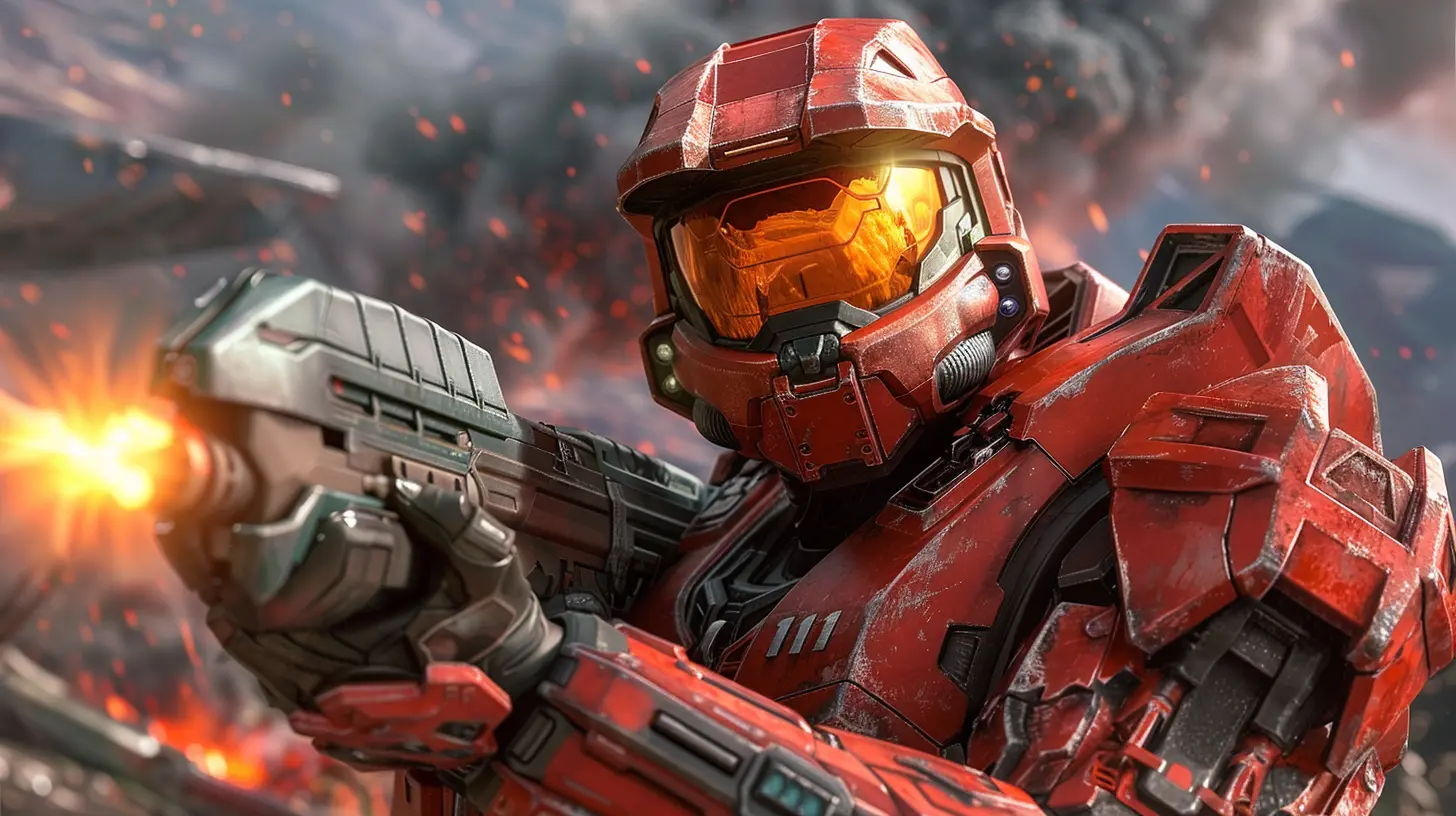
Why Gamers Are Losing Their Minds Over Hero Shooters
Hero shooters didn’t just explode because they looked pretty. They brought something fresh to the FPS table that players were craving.1. Character Variety Is Spice — And Hero Shooters Bring the Heat
Let’s be real — nobody wants to stare at the same camo soldier #47 for hours. Hero shooters toss in lovable robots, edgy assassins, bulky tanks in mechsuits, and snarky speedsters that feel like they walked straight out of a Saturday morning cartoon.Every match? A new story. A different flavor. A whole identity.
It’s cosplay-ready and meme-fueled. You’re not just playing a shooter — you’re stepping into a role (sometimes literally).
2. Teamwork Makes the Dream Work
If traditional deathmatch FPS games are like a bar fight, then hero shooters are more like synchronized swimming with rocket launchers.You can’t lone-wolf your way through these matches (looking at you, Genji mains). Successful teams have to coordinate, use combo abilities, and play off each other’s strengths.
It’s like chess — only everyone’s a ninja or a space gorilla.
3. Hero Shooters Reward Skill AND Strategy
In old-school shooters, the guy with the most headshots usually wins. But in hero shooters, you can make a massive impact just by being smart.Not the best at aiming? No problem — be a support main and keep your team alive.
Prefer ambushing over open fights? Play a stealthy flanker.
This layered gameplay attracts a broader range of players, from sweaty pros to casual weekend warriors.
4. Ultimate Abilities Turn the Tide (And Keep Things Spicy)
One of the juiciest mechanics in hero shooters is the ultimate ability.These are big, flashy, game-changing moves that charge over time. Drop a well-timed ult, and you might just wipe the enemy team, save your squad, or flip the scoreboard in seconds.
Think of them like power-ups on steroids — they add drama, suspense, and those oh-so-satisfying highlight-reel moments.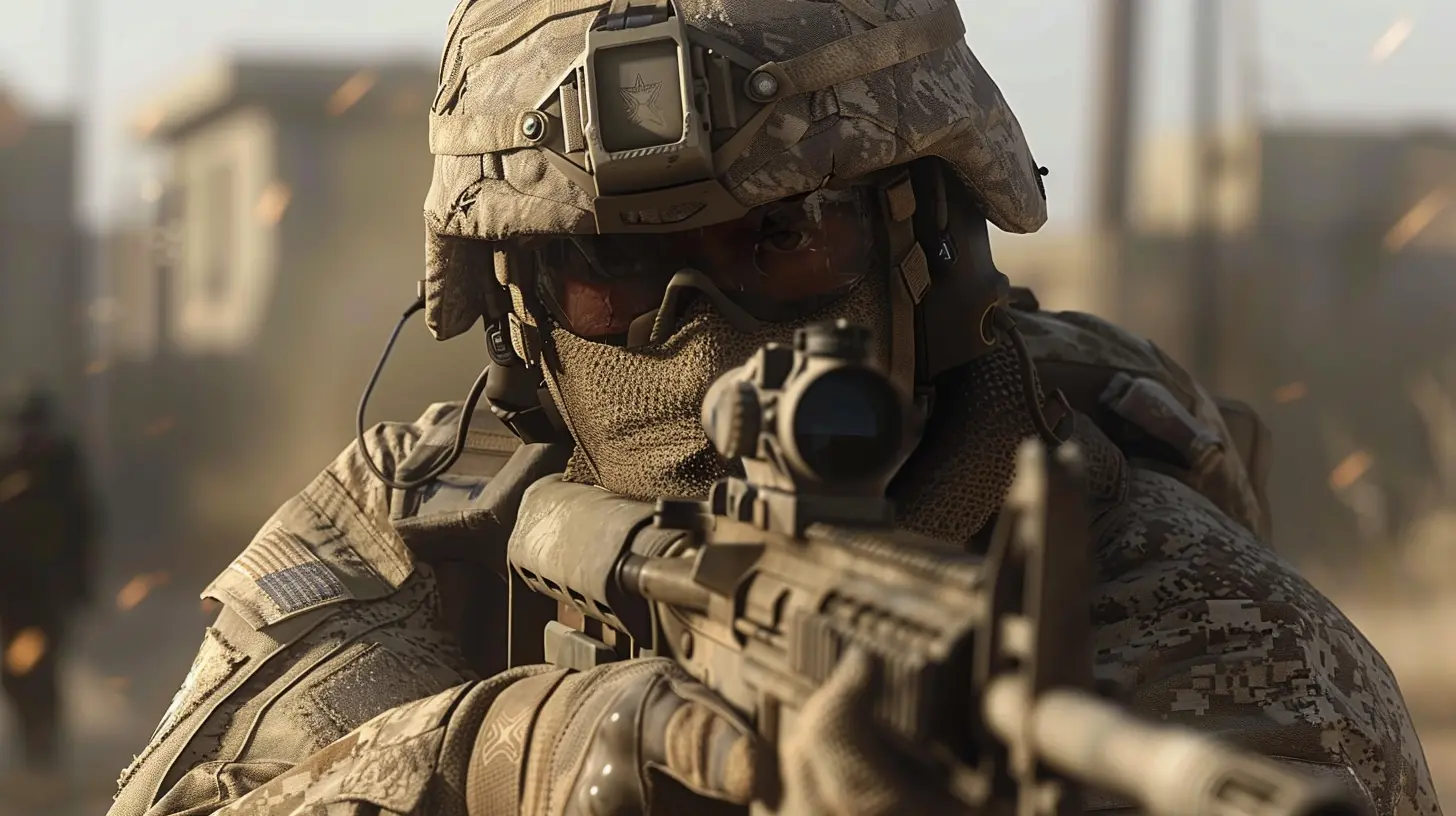
The Big Names Leading the Charge
Okay, so who are the frontrunners in the hero shooter arena? Let’s run through the VIP list.🛡️ Overwatch / Overwatch 2
The granddaddy of modern hero shooters. With 30+ heroes, smooth mechanics, and one of the most diverse casts in gaming, Overwatch took the scene by storm and never looked back.Love it or rage-quit it — it’s undeniable how much it reshaped the FPS landscape.
🎯 Apex Legends
Respawn said, “What if battle royale… but with heroes?” And thus, Apex Legends was born.It took Titanfall’s buttery movement, added unique characters (called Legends), and threw it into a genre that needed some spice. Fast-paced, squad-based chaos never looked so fun.
🧙♂️ Valorant
Okay, technically it’s a tactical shooter, but Riot mashed Counter-Strike with magic powers — and boom, you’ve got Valorant.It demands precision, but that sweet library of Agents with unique utilities breaks the mold of every round being a carbon copy.
⚔️ Paladins
Often called the “budget Overwatch” (which honestly does it a disservice), Paladins brought a free-to-play twist to the hero shooter scene with customizable loadouts and more flexibility. It’s still kicking along with a loyal fanbase.The Genre-Blending That’s Getting Real Wild
Here’s where it gets juicy — hero shooters are smashing into other genres like a wrecking ball.- Battle royales? Yup. (Apex Legends)
- Tactical shooters? Check. (Valorant)
- 3rd-person hybrids? Oh yeah. (Rogue Company)
The hero shooter DNA is spreading like hot sauce in a buffet — and it’s making everything more flavorful.
Even mobile games are getting in on the hero action. Titles like T3 Arena and Farlight 84 are taking the chaos straight to your pocket.
But Wait… Is It All Sunshine and Ults?
Okay, let’s pump the brakes a bit.Not everything in hero shooter land is perfect. There are a few hot-button gripes from the community:
- Balance Nightmares: With so many unique abilities, tuning heroes is tough. One patch you’re OP, the next you’re borderline unplayable.
- Toxicity & Role Lock Hell: DPS mains fighting over their favorite characters? Support players getting flamed for not healing fast enough? Been there. Seen the salt.
- Over-Monetization: Free-to-play often means cosmetics galore… and battle passes… and limited-time skins… and oh-my-wallet.
Still, for most players, the fun outweighs the frustration. Especially when you nail that 5-player ult and hear your squad screaming.
What's Next for Hero Shooters? (Spoiler: It’s Gonna Get Weirder)
Hero shooters are mutating. Fast.We’re seeing wackier heroes, crazier abilities, and new games pushing the envelope with genre-mashing mechanics. The line between MOBA, shooter, and RPG is getting blurrier than a screen after a flashbang.
We’re talking:
- Persistent hero progression — Think skill trees and leveling systems inside your shooter matches.
- Narrative-driven content — Heroes with entire seasons dedicated to their lore (like Overwatch’s seasonal events).
- VR hero shooters — Yeah, imagine popping ults while physically dodging bullets in your living room.
The TL;DR? Hero shooters are more than just a phase. They're the new playground of FPS innovation. And if you’re not playing one yet… what are you waiting for?
Final Thoughts: Why Hero Shooters Are Here to Stay
Hero shooters shook up the FPS genre with a cocktail of style, teamwork, and personality. They didn’t just bolt special abilities onto a shooter — they created an entirely new way to play.And gamers are loving it.
Whether you’re in it for the strategy, the lore, the colorful characters, or just want to blast enemies with a giant time-reversing hamster ball — there’s a hero shooter with your name on it.
Grab your keyboard, squad up, and choose your hero.
Because this genre? It's just getting started.
all images in this post were generated using AI tools
Category:
First Person ShooterAuthor:

Tina Fisher
Discussion
rate this article
1 comments
Christina McQuaid
Exciting shifts in FPS dynamics—what's next?
October 31, 2025 at 4:41 PM

Tina Fisher
Thank you! The future may see even more diverse character abilities, deeper narratives, and enhanced team strategies, pushing FPS gameplay to new heights. Stay tuned!

